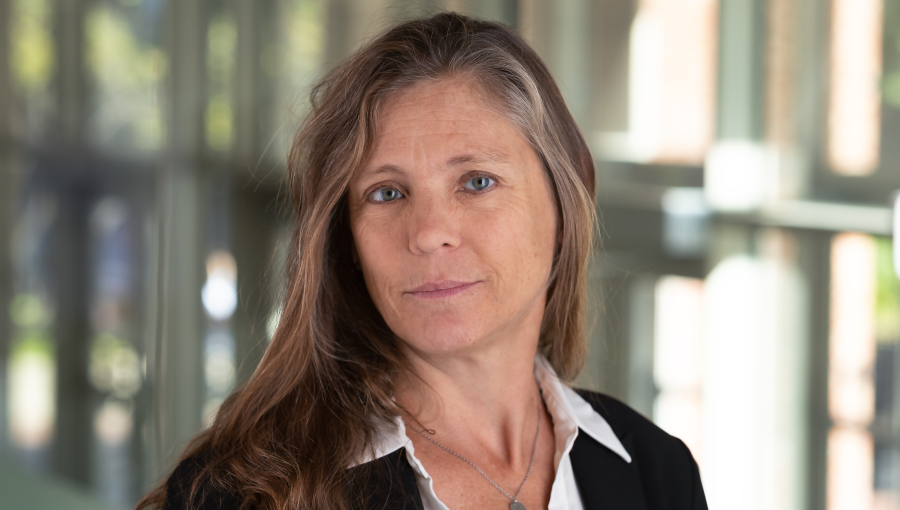Guarini Institute Roundtable Discussion: "One Month to Go - The US Presidential Elections and Europe"
After the brief opening of the panel discussion by President Pavoncello and by Professor Terzuolo, the debate on the US Presidential elections and Europe started with a power point introduction. The presentation, prepared by Lucio Martino, stressed some important details about the American elections. Martino pointed out the fact that that this has been the longest and most expensive campaign in history. In fact the total expenditure exceeds one trillion dollars! In the short part of the debate that was included in the presentation, both McCain and Obama were asked what the most important decision they ever made was. The unique detail that was stressed by Martino was that in answering the question both candidates refer to a war activity to define themselves. In the conclusion of his presentation, Martino compared the choice between Obama and McCain as a choice between two types of leaders – a King or a Prime Minister.
Immediate after Mr. Martino’s PowerPoint, the floor was taken by Frank Guarini. He addressed the behavior differences between the American and the European manner of constructing an election campaign and the public response that follows it. For example, the attitude of the American media is extremely diverse. For this election campaign, the prices have risen especially in the visual media. TV ads are now not only more expensive, but also more biased. Since the media is heavier on Obama, common opinion is that he will most likely win the elections. Yet, as Guarini pointed out, this belief is in opposition to reality. In fact, up to that point the race is still 50/50. Another concept that Europeans should not forget in relevance to the US elections is that racial sentiments are not yet overcome. In addition to its political aspect, a campaign might be seen as a kind of popularity contest. “Do I like this person?” “Will I invite him to my barbeque?” “Do I identify with him?” – Those are just some of the questions that American voters ask themselves when they make their choice. According to Guarini, this is because of the fact that the candidates’ opinions on issues constantly change throughout the campaign. In fact, the main focus at the beginning of the race was immigration; then health care; and then energy. Therefore, the voters are often confused on various policies and all that they are left of is a vague impression of the candidate.
As an expert in political economy, Mr. Giorgio La Malfa addressed the problem with the financial crisis which occurred in the US only weeks before the election, its political implications and the effect on the campaign. As La Malfa stresses, economic issues and, most importantly, taxes make an enormous difference in the voters’ eyes. He reminded the audience that before the crisis, McCain was more likely to be elected, and if things had continued to be normal, it might have been very possible that he was the next American President. However, his reputation was seriously damaged. Since people blame Bush for provoking the crisis at the first place, as the sense of continuity lingers in the voters’ minds. McCain’s attempts to distance himself form the Bush administration have not been successful. Therefore, La Malfa concludes that the current economic situation irreversibly injured McCain’s current image.
Finally, the last speaker, Silvio Fagiolo answered the difficult question of why Europeans, who are notoriously indifferent towards transatlantic political campaigns, are so involved in this year’s elections. Mr. Fagiolo sums up the reasons in three categories: Economic, political and moral. From the financial point of view, Europe has finally come to understand that the friendship between both sides of the Atlantic is crucial for economic stability. The current misbalance in this sphere had posted the question of how the international market should be reshaped. In the political context, the need for solid leadership is strongly felt. In addition, the World will soon experience NATO’s 60th anniversary, a new definition of its goals, and probably a re-evaluation of its past activities. Finally, the moral challenge is the most important challenge. Europeans find Obama’s goals clearer. Moreover, Obama represents a probable universal change as being the first Black president. Obama’s language is also closer to the EU’s one. As Mr. Fagiolo states, “this is the language of soft power and compromise”.





